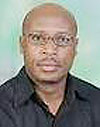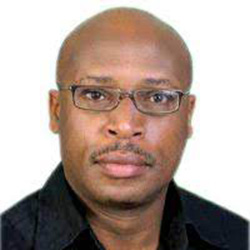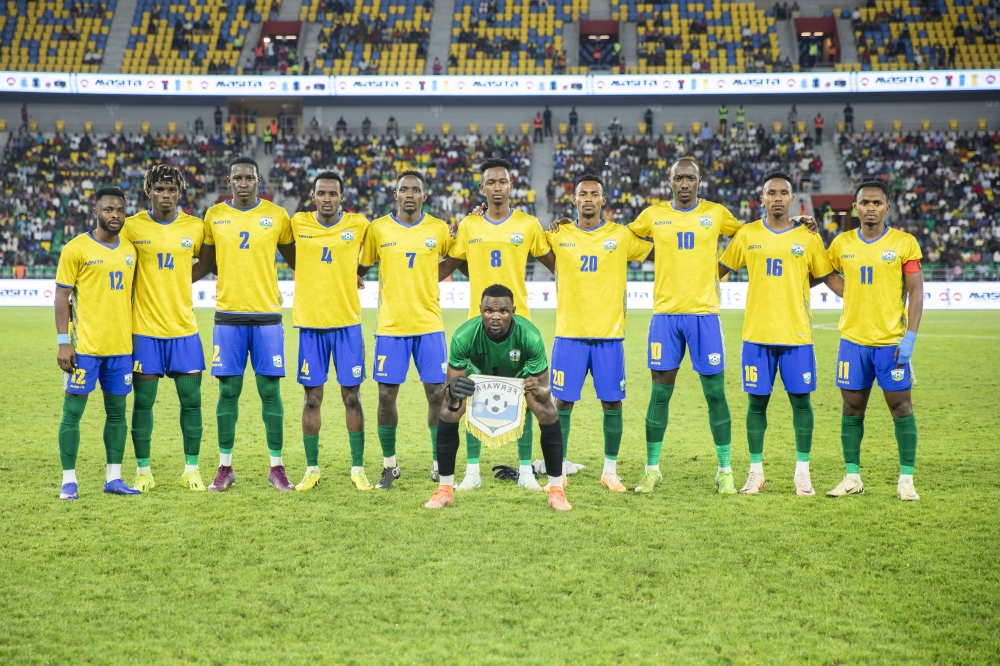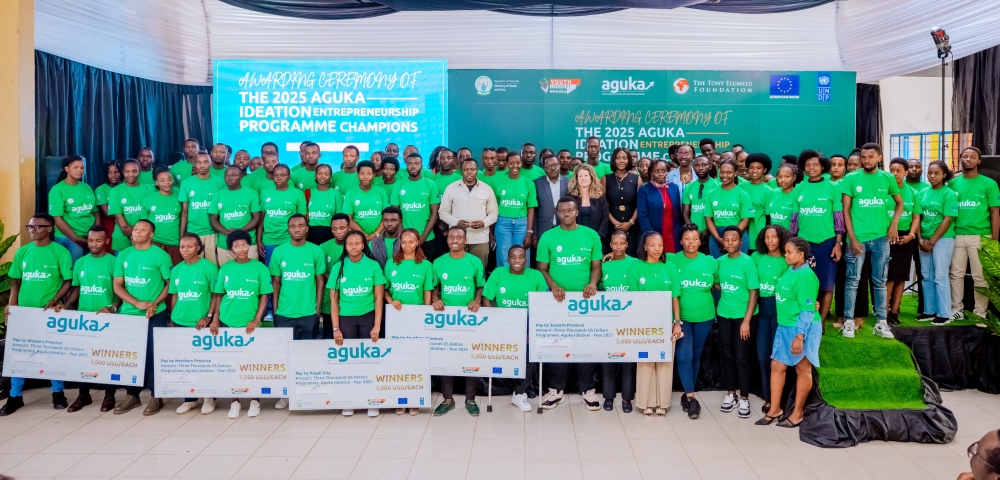AN Islamic faction, known as Ansar Dine, or “Protectors of the Faith,” seized control of Timbuktu, Mali, and destroyed some world heritage sites in the historical city claiming they are un-Islamic and amount to idol worship.


AN Islamic faction, known as Ansar Dine, or "Protectors of the Faith,” seized control of Timbuktu, Mali, and destroyed some world heritage sites in the historical city claiming they are un-Islamic and amount to idol worship.Timbuktu has dwelled in the fascinated imagination of many, and the destruction of its centuries-old artifacts vouched by the UN cultural agency, Unesco, will be a great loss to humanity.Along with Al Shaabab in Somalia and Boko Haram in Nigeria, the faction presents an example of violent religious fundamentalism that defies logic and is increasingly becoming a tragic factor of instability on the continent.Prof. Wole Soyinka made an eloquent note on this during his recent visit in Kigali while presenting the larger picture of the malaise of violence in several parts of Africa, and the prospect of an African Renaissance.This was at the just-concluded International Conference on Governance and Democracy organized in line with the country’s 50th Independence Anniversary and 18th Liberation anniversary.He observed that in the fundamentalists’ "unabashed, loudly advertised agenda [aimed at] theocraticisation of the African continent”, despite their transcendental justifications, the last thing they could claim to be is that they were inclusive."The most fanatical of them,” he said, "believe that they represent the sole agency of a Renaissance whose rewards will be either the establishment of the kingdom of Faith on Earth, or else for the select few in the after-life.”Exclusivity is one of the major causes of conflict in Africa, and religious fundamentalism "is proving the latest and most destabilising impediment to the true realisation of the community of man on the continent.”Prof. Soyinka spoke of a "vision of Africa a decade hence [that] can only be a vision of governance openness, inclusiveness, and citizen volition”. And, for this, "the gauntlet of religious sectarianism has been thrown down, African leaders must pick it up, and lend succor to those who are plagued with this constriction of citizen choice.”This decade, he said, must decide whether Africans deserve to be ruled through inclusive governance, which is based on the all-embracing secular commonality, or through the narrow, excluding theocratic vision.The weighty speech titled, Rwanda and the African Renaissance Dream – The Coming Decades, ran several threads. Discussing the encroaching role of religious fundamentalism was only one of them.He lamented that power and exclusivity have remained tragically connected as the primary sources of conflict: "The tendency to exclude, for any reason whatever – nationality, ethnicity, religion, politics, material resources, etc – one section or the other from participation in the regulation and management of their existence, and sharing of dividends of the polity to which they belong – all in pursuit of hegemonic power.”It was through exclusivity that Rwanda suffered its tragic fate in 1994, but like the Phoenix was able to rise from its ashes.Prof. Soyinka was lyrical, delivering the message with a flourish that is characteristic of him: "Let Rwanda serve as the syntax, indeed the very language of Renaissance. As one nation space that reversed the bloodied tide of exclusivity, it has enlarged for us the vision of oneness even for the most disparate entities that express the riches of a continent”.Soyinka won the 1986 Nobel Prize for Literature and remains one of the foremost African intellectuals.




